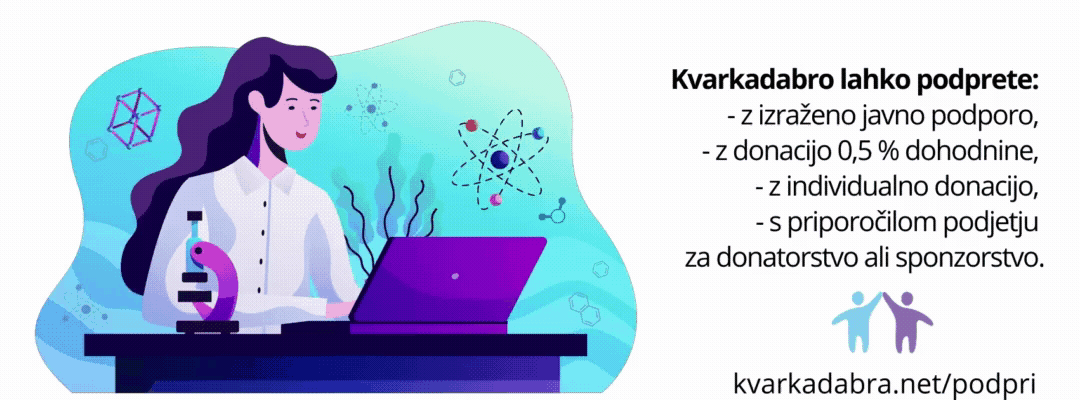Clay Shirky nam pojasni interese, ki stojijo za predlogi zakonov in sporazumov kot so SOPA (glej tudi Matejev zapis), PIPA in ACTA (To je prav danes podpisala tudi Slovenija!?? glej: Dnevnik, Slo-Tech, 24ur.com). Kot pravi, poskušajo s tovrstnimi pobudami predvsem nekatera velika medijska podjetja, ki se morajo zadnja desetletja spopadati z vse večjo konkurenco, čim dlje ohraniti nekoč samoumevne monopole na izdelavo, predelavo in distribucijo medijskih vsebin. (Clay Shirky: Why SOPA is a bad idea | Video on TED.com)
SOPA and PIPA, as legislation, were drafted largely by media companies that were founded in the 20th century. The 20th century was a great time to be a media company, because the thing you really had on your side was scarcity. If you were making a TV show, it didn’t have to be better than all other TV shows ever made; it only had to be better than the two other shows that were on at the same time — which is a very low threshold of competitive difficulty. Which meant that if you fielded average content, you got a third of the U.S. public for free — tens of millions of users for simply doing something that wasn’t too terrible. This is like having a license to print money and a barrel of free ink.
But technology moved on, as technology is want to do. And slowly, slowly, at the end of the 20th century, that scarcity started to get eroded — and I don’t mean by digital technology; I mean by analog technology. Cassette tapes, video cassette recorders, even the humble Xerox machine created new opportunities for us to behave in ways that astonished the media business. Because it turned out we’re not really couch potatoes. We don’t really like to only consume. We do like to consume, but every time one of these new tools came along, it turned out we also like to produce and we like to share. And this freaked the media businesses out — it freaked them out every time. Jack Valenti, who was the head lobbyist for the Motion Picture Association of America, once likened the ferocious video cassette recorder to Jack the Ripper and poor, helpless Hollywood to a woman at home alone. That was the level of rhetoric.
…
PIPA and SOPA are not oddities, they’re not anomalies, they’re not events. They’re the next turn of this particular screw, which has been going on 20 years now. And if we defeat these, as I hope we do, more is coming. Because until we convince Congress that the way to deal with copyright violation is the way copyright violation was dealt with with Napster, with YouTube, which is to have a trial with all the presentation of evidence and the hashing out of facts and the assessment of remedies that goes on in democratic societies. That’s the way to handle this.In the meantime, the hard thing to do is to be ready. Because that’s the real message of PIPA and SOPA. Time Warner has called and they want us all back on the couch, just consuming — not producing, not sharing — and we should say, “No.”











Brošura Zakaj je sporazum ACTA problematičen (pdf)
ACTA v slovenščini: (pdf)
Slo-Tech analiza: Kaj torej piše v ACTI
28. septembra lani Acto soglasno potrdil državnozborski odbor za gospodarstvo, 7. oktobra pa še odbor za zadeve Evropske unije.